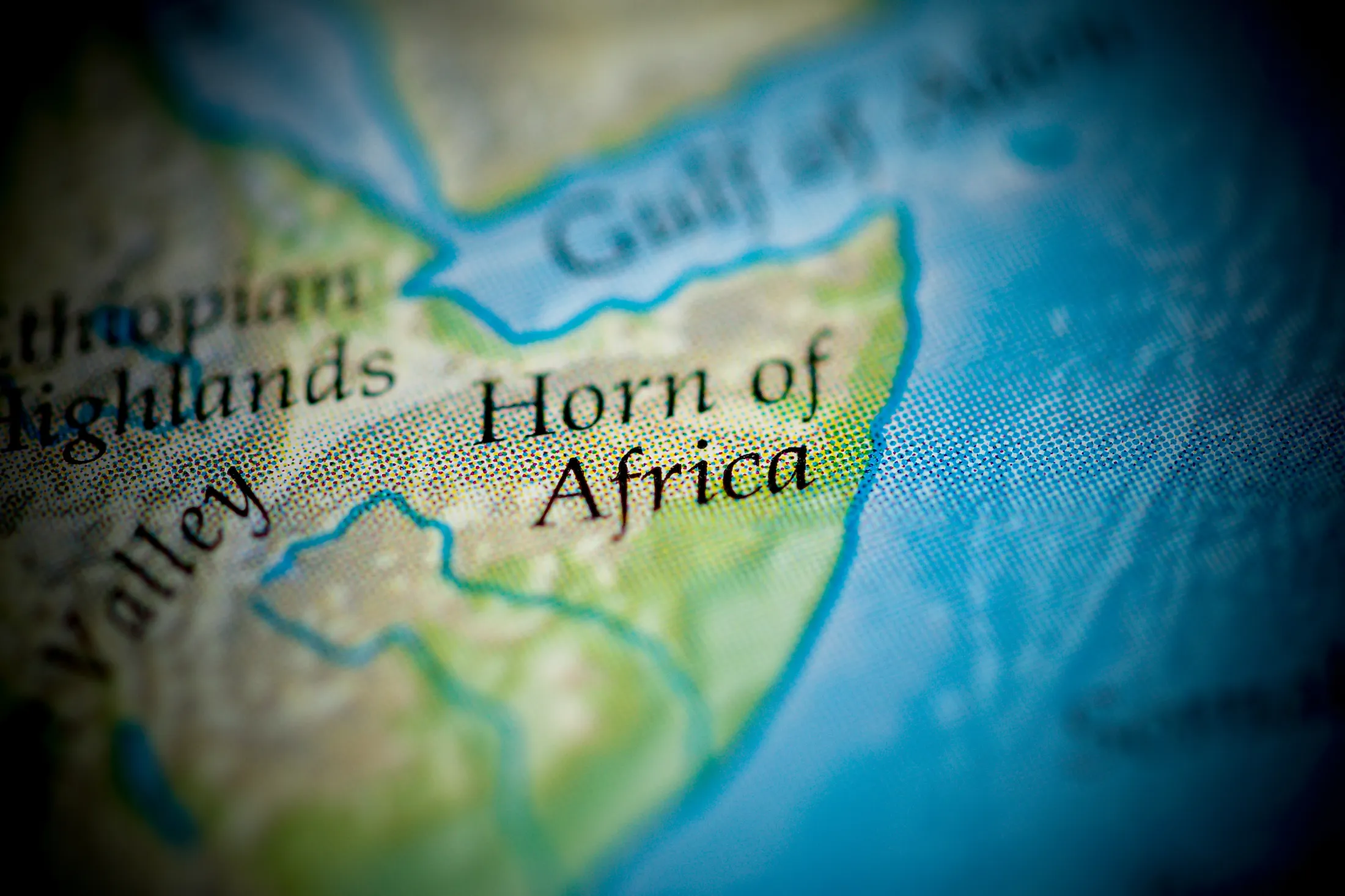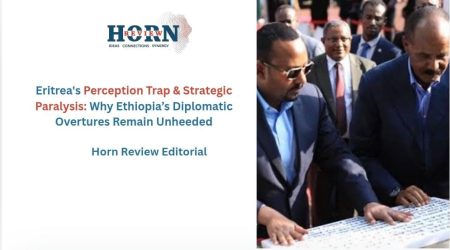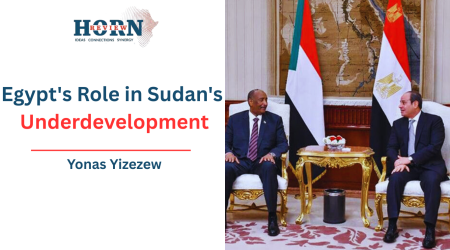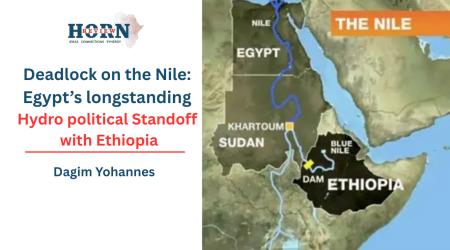
10
Feb
Egypt’s Growing Influence in the Horn of Africa: Strategic Considerations for Ethiopia
Egypt is steadily expanding its presence in the Horn of Africa, forging new partnerships and securing economic footholds that could reshape regional trade and diplomacy. Recent agreements with Somalia, Sudan, and Djibouti reflect a broader strategy to strengthen Cairo’s influence in East Africa. As these developments unfold, Ethiopia must carefully assess their implications and reinforce its economic and diplomatic initiatives.
One of the most notable agreements is Egypt’s recent deal with Djibouti, where Cairo has secured a logistics hub and expanded trade cooperation. Given that Djibouti remains Ethiopia’s primary maritime gateway, such shifts in port management and infrastructure investments warrant close attention. While Djibouti retains sovereignty, the increased presence of external actors could introduce new dynamics in trade operations. Ethiopia’s longstanding ties with Djibouti provide a foundation for continued cooperation, but proactive engagement will be necessary to maintain stability in this crucial corridor.

Beyond trade, Egypt is strengthening its regional alliances. The deepening relationship with Somalia includes security cooperation, while engagement with Kenya and South Sudan suggests an effort to build influence across East Africa. Sudan’s potential re-entry into the African Union, backed by Cairo, adds another layer to the evolving geopolitical landscape. Ethiopia, recognizing the importance of regional stability, has consistently pursued diplomatic outreach and economic collaboration with neighboring states. This approach has fostered resilience and positioned Ethiopia as a key player in regional affairs.
Diversifying trade routes remains a strategic priority. While Djibouti remains central to Ethiopia’s imports and exports, alternative corridors such as the Berbera Port in Somaliland and Lamu in Kenya provide additional options. Enhancing infrastructure links with neighbouring countries will strengthen trade resilience and reduce dependence on a single gateway. Continued investment in cross-border connectivity will also create new economic opportunities and reinforce Ethiopia’s role as a regional trade hub.
Ethiopia’s approach to diplomacy and economic strategy has always emphasized cooperation and shared growth. By reinforcing ties with key regional partners and maintaining active participation in regional trade initiatives, Ethiopia can ensure its economic interests remain secure. The shifting dynamics in the Horn of Africa present both challenges and opportunities, but with a well-defined strategy, Ethiopia can navigate these developments effectively and sustain its leadership in regional affairs.










